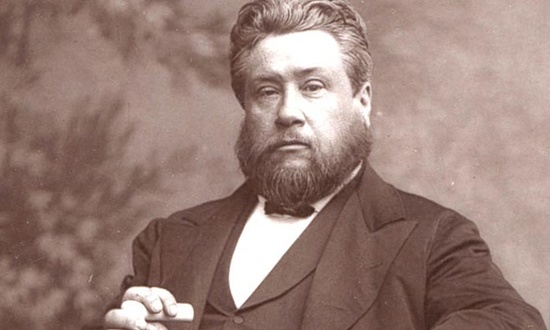I once spoke to eighty college students about a sensitive theological question: “Can true Christians lose their salvation?” First, I asked them to commit themselves to a yes or no answer. I separated them, according to their answers, on opposite sides of the room, breaking them up into small groups.
Next I gave everyone a handout featuring twenty passages of Scripture. After reading these aloud, the students were to discuss in their groups and decide: “If these were the only Scripture passages I had, would I answer the question yes or no?”
Tensions rose. On both sides of the room, students looked confused, and some were angry.
Only afterward did I explain that I’d given each group different handouts consisting of entirely different passages. The Scriptures each group was given appeared to teach an answer exactly opposite to the position they’d said they believed.
My main take-away was that we need to establish our positions in light of all Scripture, not just our preferred passages that support what we wish to believe.
The issue of whether Christians can lose their salvation is one that involves matters of God’s sovereignty and human choice. The question typically gets one answer from those called Arminians and the opposite answer from those called Calvinists. John Wesley is seen as the classic Arminian, while John Calvin (surprise!) is the classic Calvinist; but, trust me, neither Calvin nor Wesley were idiots (which I wanted to help those eighty college students understand).
Unfortunately, the terms Calvinist and Arminian, while generally helpful, suggest many inaccurate assumptions and stereotypes. Some Calvinists are radically different from others, and the same can be said for Arminians. As general descriptions of theology, Calvinism and Arminianism can be helpful terms, but they’re decidedly unhelpful when it leads to the kind of thinking (for either group) that concludes, “They all believe A, and none of them believes B.”
Modern Calvinists often emphasize certain aspects of Calvin’s writings and doctrine more than others. They may overlook, for example, Calvin’s emphasis on our mystical union with Christ and the Holy Spirit, or miss the warmth of Calvin’s love for Christ. They may never have read how Calvin detested those “who are content to roll the gospel on the tips of their tongues when its efficacy ought to penetrate the inmost affections of the heart, take its seat in the soul, and affect the whole man a hundred times more deeply than the cold exhortations of the philosophers!" [i]
Similarly, modern Arminians are often less Calvinistic than Arminius was. For instance, some speak disparagingly of the doctrine of total depravity which Arminius affirmed, as did Wesley. On the other hand, many of them reject the Wesleyan doctrine of sinless perfectionism, which Arminius did not hold to.
Both “sides” love God and believe his Word, but they emphasize different portions of it. Therefore the common attitude, “If you really believed the Bible, you would agree with me,” reflects a far too simplistic approach.
If we want to better understand any doctrine or teaching, we must consider not bits and pieces of the Bible but “the whole counsel of God” (Acts 20:27, ESV). The Bible features a staggering breadth and depth of truth that selective proof-texting can never reflect.
[i] John Calvin, Institutes of the Christian Religion, ed. John T. McNeill (Louisville, KY: Westminster John Knox, 2006), 1:688.
From Eternal Perspective Ministries
One of the most perplexing theological questions—Is it possible to reconcile God’s sovereignty with human choice?—is also one of the most personal. A careful guide through Scripture, hand in Hand shows us why God’s sovereignty and our choices were meant to go together.





